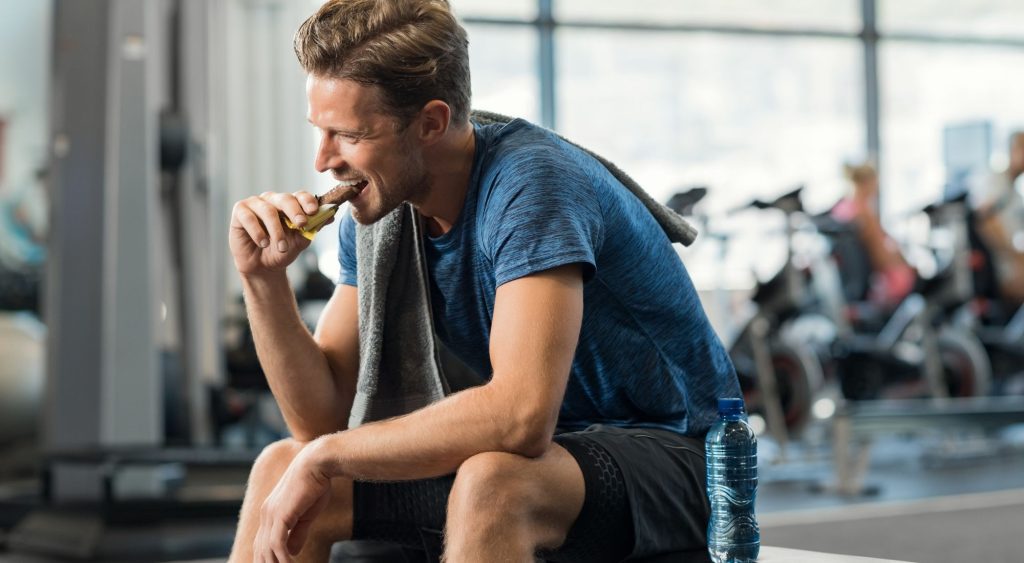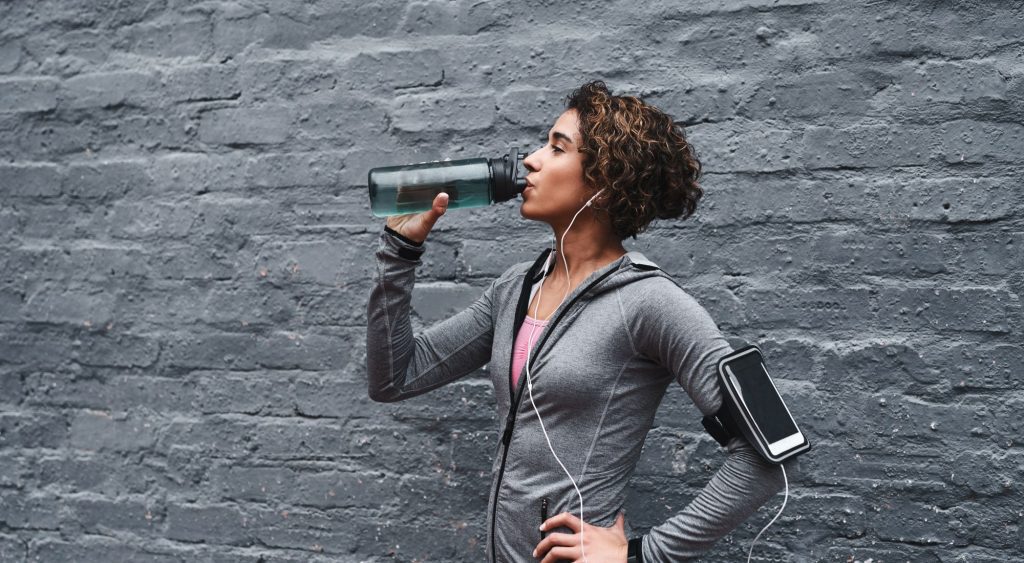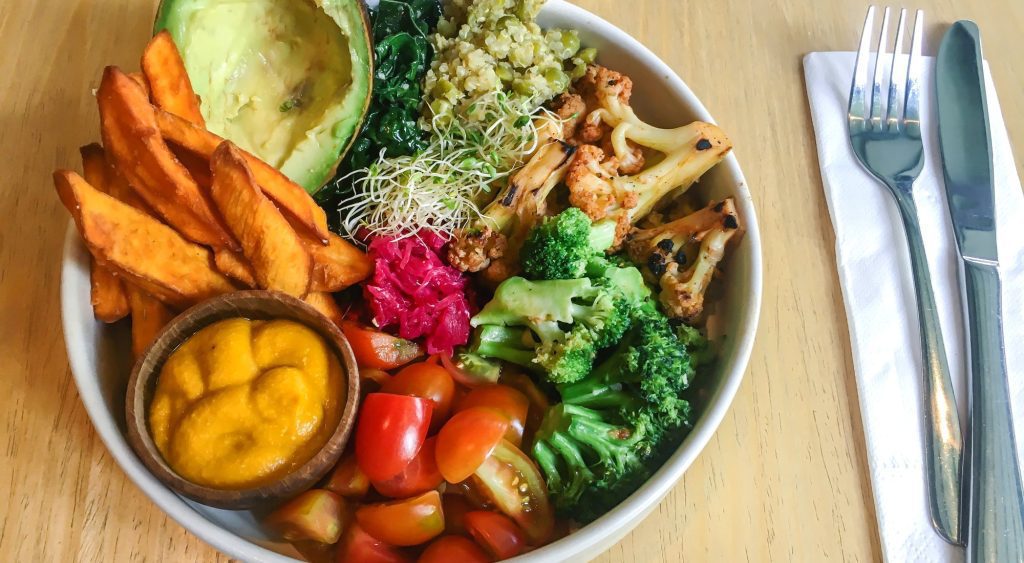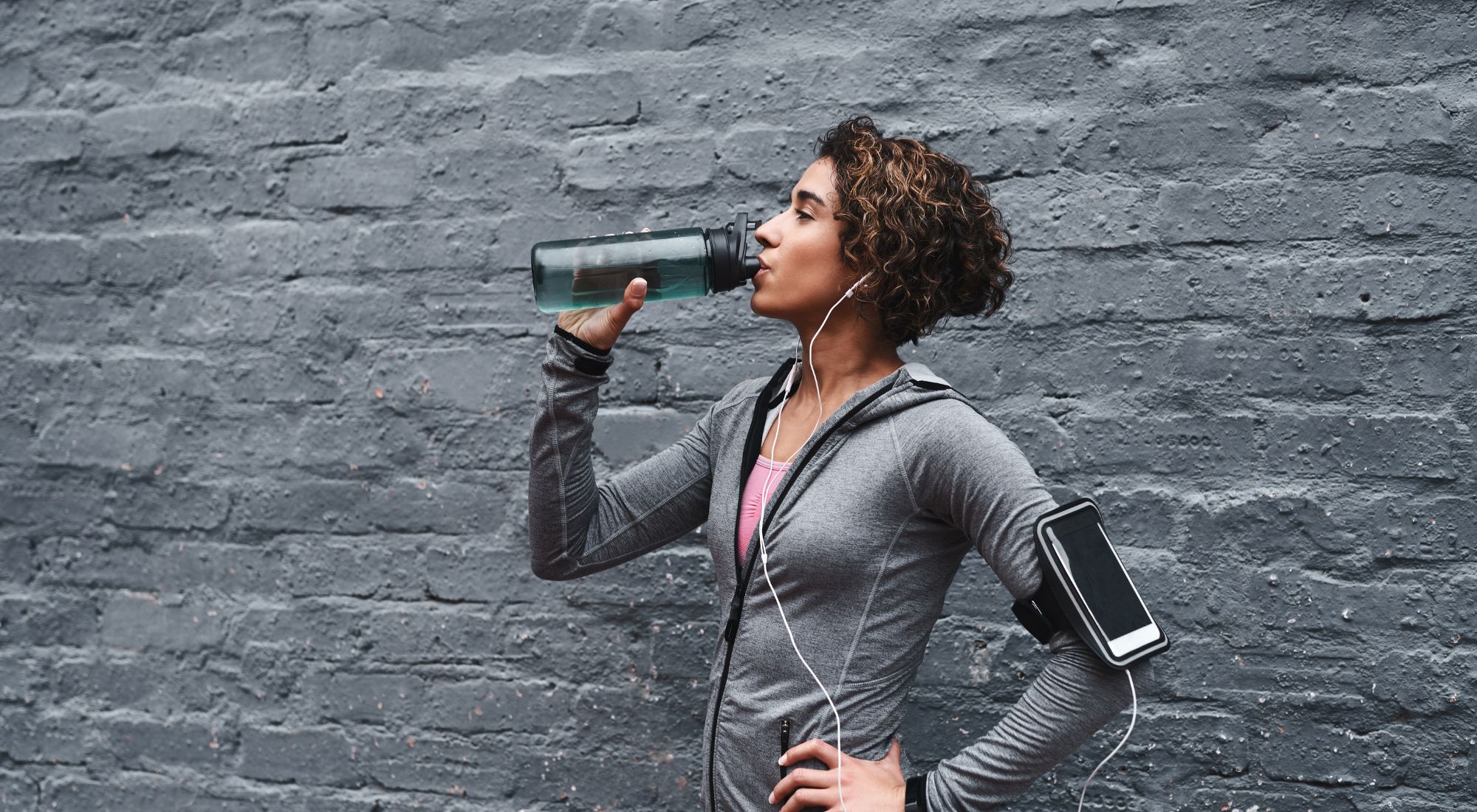You’re dragging, struggling to get things done, and feel downright tired.
And while that’s never a good sign, you’re finding it especially confusing, since you just started following a ketogenic diet.
Isn’t keto supposed to make you feel better than ever and give you more energy than you know what to do with?
Is the diet to blame for your exhaustion — or is there more to it?
Here we share reasons why you might be dealing with low energy on keto and what you can do about it.

Table of Contents
- Is My Low Energy Due to the ‘Keto Flu’?
- 4 Reasons You May Be Dealing With Low Energy on Keto
- 5 Tips To Combat Low Energy on a Keto Diet
- Keto Fitness Coaching: Helping You Maintain Energy Levels on Your Keto Journey
Is My Low Energy Due to the ‘Keto Flu’?
The keto flu refers to a group of symptoms that sometimes appear from two to seven days after beginning a ketogenic diet.
It may include things like:
- Low energy
- Brain fog
- Headaches
- Mood swings
- Constipation
- Nausea; and
- Difficulty sleeping
The symptoms of keto flu can last for a few days or a few weeks.
While it is not recognized as a medical condition, the keto flu is experienced by many new keto diet enthusiasts.
Often, promoters of keto diets will tell you to “suck it up” and that the symptoms are only temporary. And many people don’t talk about how they’re feeling, assuming they must be failing since they are feeling so awful.
At KETO Coaching Services, we take a different approach. We know that the symptoms of keto flu are avoidable and that low energy on keto can usually be eliminated by making a few dietary changes.
We’re here to talk about what’s really happening when you experience low energy on keto and how to do the keto diet RIGHT.
4 Reasons You May Be Dealing With Low Energy on Keto
#1: An Imbalance of Minerals in Your Body
Your blood pressure and the movement of liquids within your body are referred to as the sodium-potassium pump.
This process is managed by your body’s levels of:
- Sodium
- Potassium; and
- Magnesium
These minerals are responsible for your systolic and diastolic blood pressure, including the delivery of blood to every part of your body.
And to maintain healthy blood pressure, you have to maintain these three minerals at a healthy ratio.
When the levels are optimal, your body works like it’s supposed to. But if the ratio is out of whack, it can cause your blood pressure to drop. If this happens, your body will start delivering nutrients, including energy, to wherever it’s needed in your body — leaving you feeling blah.
A great way to maintain a good balance of minerals while you’re on the keto diet is by eating foods like:
- Leafy greens
- Plenty of protein
- Omega 3s
- Vitamin D
Electrolyte supplements that contain …
- Sodium
- Magnesium; and
- Potassium
… are another terrific option.
#2: Dropping Insulin Levels
When you’re on a diet that includes carbohydrates, your body converts the carbs you eat into sugar and sends them out into your bloodstream. Your pancreas then releases insulin to keep your blood sugar from getting too high.
But when you’re on a low-carb or keto diet, you aren’t eating sugar or carbs. This means insulin doesn’t have to do its job and your insulin levels stabilize and remain very low.
Often, your body’s insulin levels begin to drop when you are a few days into your keto diet journey. While this is normal, the drop may cause you to become mildly dehydrated as your body releases the excess sodium and water into your urine.
Be sure to replenish your body with plenty of electrolytes as your body becomes accustomed to your new way of eating.
#3: Eating Too Many “Keto Snacks”
We get it. On some days, there’s no time to stop for a meal, and you need to grab a quick, keto-friendly snack.
While eating a snack or two with the keto-friendly label every once in a while shouldn’t be a problem, eating them too often may result in a drop in energy.
Instead of munching a ‘keto snack’, focus on eating whole, healthy foods like:
- Veggies
- Hard-boiled eggs
- Turkey
- Chicken; or
- Beef jerky
Foods like these will give you the energy boost you need to finish the day strong.
#4: Not Getting Enough Protein
On the keto diet, you are likely consuming much more fat than you normally would and not enough protein.
Our muscles are made up of mostly protein – 80%. When we aren’t getting enough protein, our bodies feel it. In addition to feeling low energy on keto, you might be wondering…
Why am I losing muscle on Keto?
Our bodies need protein to build muscle and repair muscle after a workout. Without getting enough protein, you’ll end up feeling depleted and low on energy.
Be sure to focus on eating a healthy, whole-food diet to ensure your body is getting all the calories and protein it needs to provide the energy you need while you’re on the go.

5 Tips To Combat Low Energy on a Keto Diet
So, the big question is, how do you avoid low energy on keto? Trust us, it is possible!
The so-called keto flu isn’t normal — and it’s easy to avoid.
Whether you’re new to keto or are struggling with low energy on keto after months of following a ketogenic way of eating, there’s hope.
With just a few simple changes to your diet, there’s a good chance you can restore your energy levels and feel great while you’re on a keto diet.
Here are our top five ways to prevent low energy on keto.
#1: Stay Hydrated
Water is a critical factor in the keto diet. You’ve got to keep your body hydrated!
But just drinking water alone can dilute your body’s vital mineral levels.
That’s why, to be properly hydrated and combat low energy on keto, you’ll need to focus on upping your electrolytes.
As you lose water on the ketogenic diet, you’re also losing critical electrolytes, so supplementation just makes sense.
It also helps to eat plenty of keto-friendly, electrolyte-rich foods like:
- Avocados
- Bone broth; and
- Kale
Not only do electrolytes ensure that you’re keeping yourself hydrated, but they also help you maintain your optimal blood flow and your sodium/potassium balance to keep you energized.
#2: Eat Enough Calories
Ketosis suppresses your appetite, meaning it is easier to stay in a calorie deficit throughout the day. Plus, since keto is often a higher-fat diet, it’s also easier than normal to get that “full” sensation in your stomach.
With this in mind, if you’re suffering from low energy on keto, be sure you are not cutting too many meals, and make it a point to give your body plenty of calories during meals.
Some great options for high-calorie, keto-friendly meals include foods like:
- Lean steak
- Fish
- Chicken
- Eggs
- Vegetables
Avoid snacking in between meals when you can as too much snacking can increase insulin levels and make it more difficult to shed excess weight – and keep it off. Pay attention to when you eat your meals and do your best to avoid eating a lot of your calories at night or after dark.
#3: Avoid “Dirty” Keto Foods
All keto food isn’t created equal.
There’s no shortage of processed, “dirty” keto snacks that are technically keto but aren’t actually good for your body. They may be following the keto macros, but nutritionally speaking they miss the mark with their artificial colors, flavors, and other unnatural additives.
For instance, if you’re trying to fuel your body with keto gummies and pork rinds all day, chances are your energy will be hitting rock bottom.
Instead of choosing those “easy” or “fast” foods often promoted as “good” for keto, opt instead for fresh vegetables, high-quality proteins, and healthy fats.
These foods fuel your body for long periods — so you won’t find yourself needing to pick up another snack right away to keep your energy levels high.
#4: Be Mindful of Your Healthy Fat Intake & Avoid Saturated Fats
When you’re on the keto diet, the vast majority of the energy your body needs comes from fat calories, both in the form of dietary fats and stored body fat.
That’s why it’s vital to provide your body with the healthy fats it needs to produce energy — especially when you’re eating low amounts of carbohydrates.
Beginners to the ketogenic way of eating sometimes bring along a “fat-phobic” mentality. They believe the false assumption that eating too much fat will make them fat. And while eating processed foods and saturated fats does lead to weight gain, healthy Omega 3 and Omega 6 fats contribute to more energy and a healthier diet.
The problem is, when you’re afraid of eating healthy fats, you’ll suffer from fatigue and low energy on keto. So make sure healthy fats play a prominent part in every keto meal you eat.
#5: Supplement When Necessary
Sometimes your body may need the extra boost that comes from taking a high-quality supplement.
Some of the most beneficial supplements to help fight low energy on keto include:
- MCT oil powder for your workouts
- Electrolytes
- Whey protein powder
- B vitamins
- Omega-3 fatty acids
- C vitamins

Keto Fitness Coaching: Helping You Maintain Energy Levels on Your Keto Journey
Whether you’re new to the keto way of life or are just needing accountability and support, we can help.
At Keto Fitness Coaching, our goal is to help you create a healthier, fit, and happier you.
We do more than just keto diet planning. We work alongside you to develop a personalized plan designed for:
- Eliminating inflammation in your body
- Giving you the tools you need to be healthy for life; and
- Developing a strong, lean body
We offer three coaching options, including:
- One-time consultation with a certified keto nutritionist
- Continuous coaching with a certified keto coach
- Custom macronutrients (macros) calculation
And since our coaching sessions are online, they’re available anywhere in the world.
Your first session is absolutely free, so what are you waiting for? Contact us today and start creating the new you.
The content in this blog should not be used in place of direct medical advice/treatment and is solely for informational purposes.



